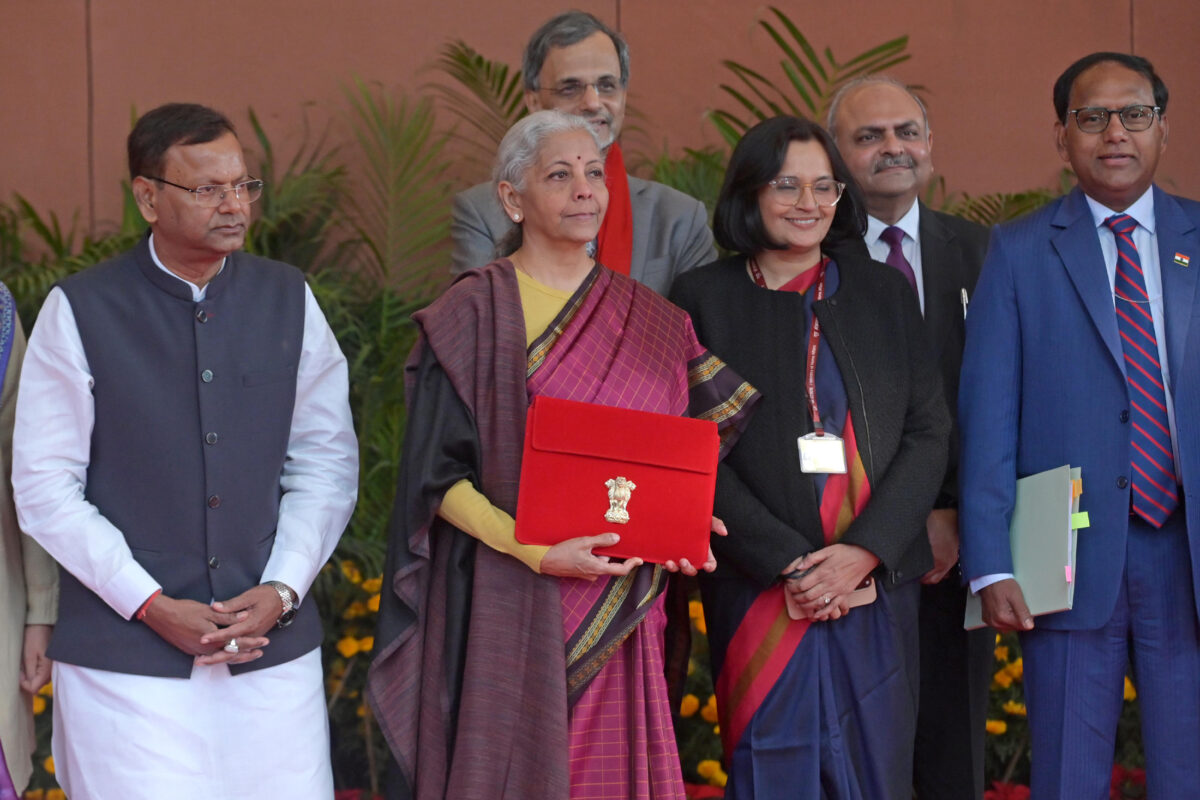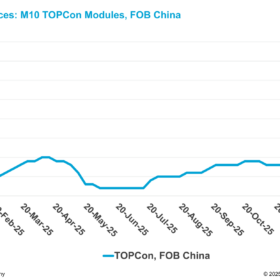The Bangladesh Power Development Board (BPDB) has scrapped approvals for 34 solar power plants for which letters of intent (LoIs) were issued under the Special Provisions Act.
The LoIs are being canceled because no implementation agreements, power purchase agreements (PPA), or land lease agreements have been signed, said the BPDB. The canceled projects, supported by local and foreign investors, were expected to have a combined capacity of 5,681 MW.
The LoIs were issued under the Quick Enhancement of Electricity and Energy Supply (Special Provisions) Act without competitive bidding during the previous government.
After taking office, the current government in August 2024 suspended all negotiations, project selection, and procurement processes under the Special Provisions Act, citing widespread irregularities in awarding plant approvals, including tariff fixation.
This July, the government published an ordinance repealing the Special Provisions Act and decided not to authorize any more power plants under it. Future procedures for the canceled plants must follow an open tender process.
The renewable energy sector said the government’s cancellation of so many solar approvals sends “wrong signals” to foreign investors in particular.
“Foreign investors will now rethink while making any investment plan in Bangladesh due to uncertainty of policy sustainability in the country,” said Mostafa Al Mahmud, president of the Bangladesh Sustainable and Renewable Energy Association (BSREA).
He said entrepreneurs have already invested about $300 million in these projects. “We had requested several times to reconsider the decision, but the government did not respond,” he told pv magazine.
Author: Syful Islam
This content is protected by copyright and may not be reused. If you want to cooperate with us and would like to reuse some of our content, please contact: editors@pv-magazine.com.








By submitting this form you agree to pv magazine using your data for the purposes of publishing your comment.
Your personal data will only be disclosed or otherwise transmitted to third parties for the purposes of spam filtering or if this is necessary for technical maintenance of the website. Any other transfer to third parties will not take place unless this is justified on the basis of applicable data protection regulations or if pv magazine is legally obliged to do so.
You may revoke this consent at any time with effect for the future, in which case your personal data will be deleted immediately. Otherwise, your data will be deleted if pv magazine has processed your request or the purpose of data storage is fulfilled.
Further information on data privacy can be found in our Data Protection Policy.